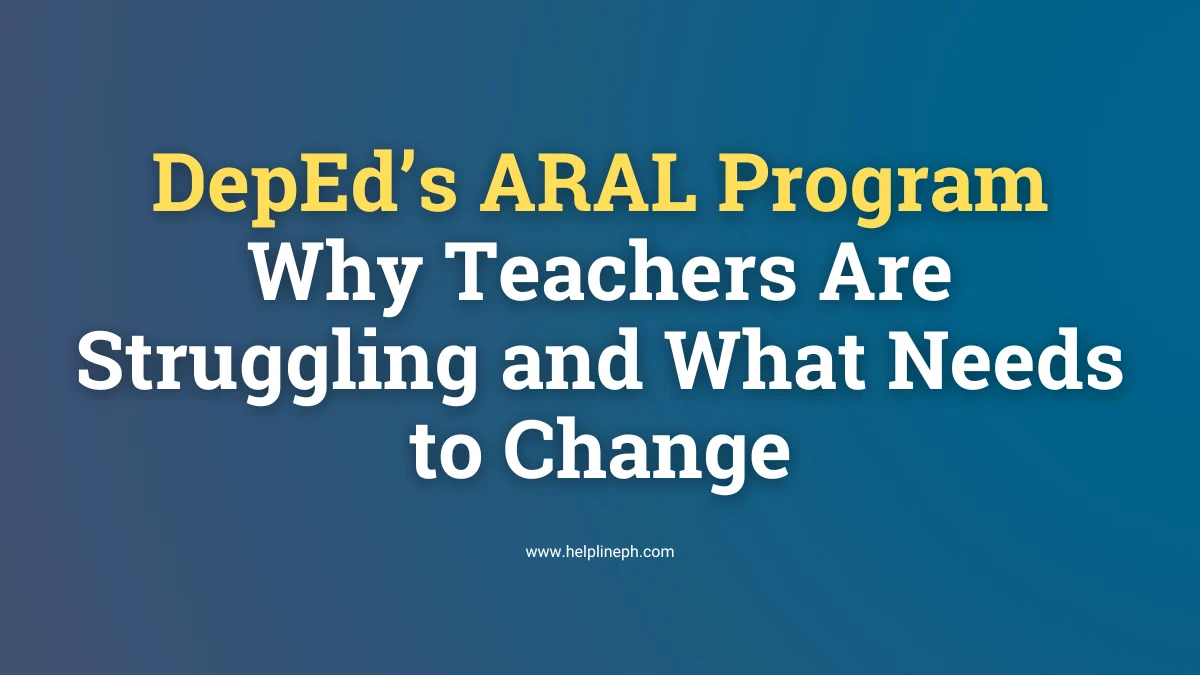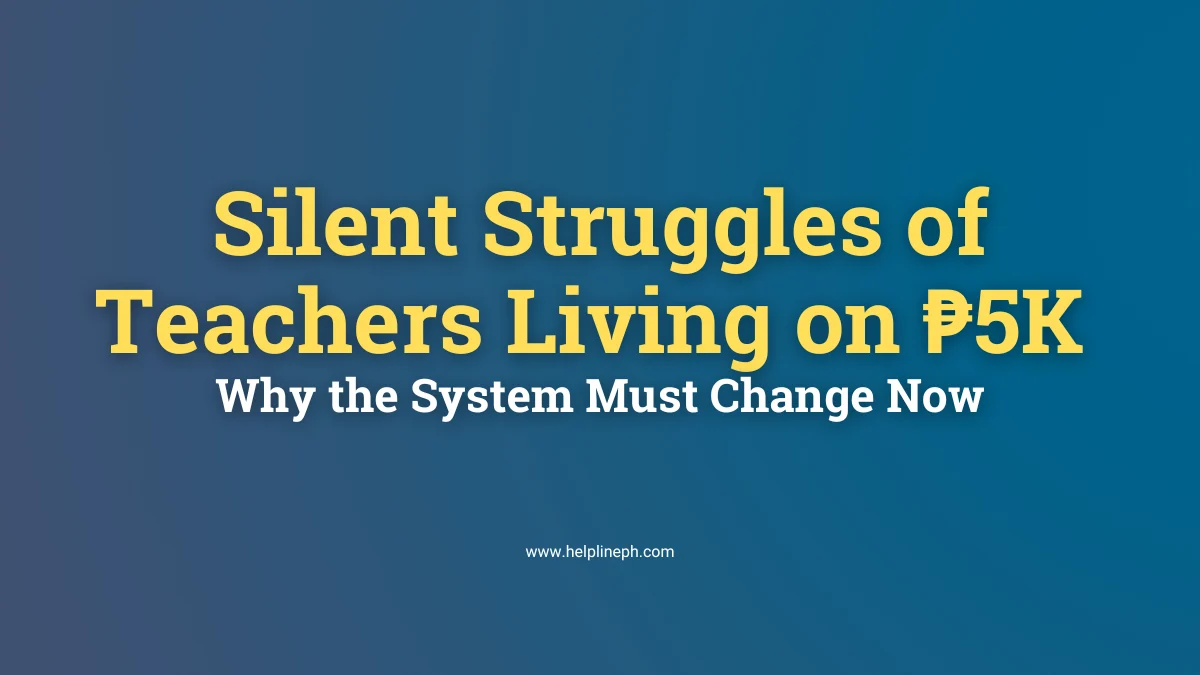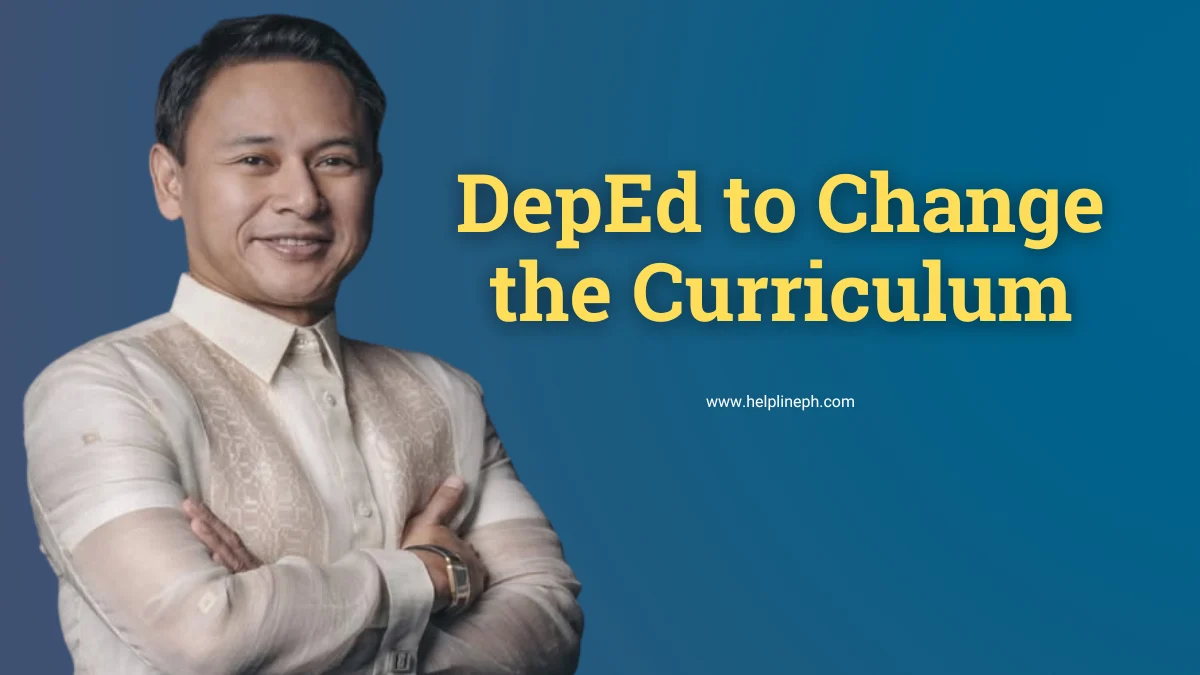English Grammar and Correct Usage Part 4 is one the topics that needs mastery in Civil Service Exam. Reviewees need to master the key points that are crucial and needs extra attention. To do this, the reviewee should read and understand each item with proper care. In taking Civil Service Exam, memorization is only a technique but it can’t help you pass the exam. It means that you have to read, understand and internalize the topics. Understanding the questions very well before analyzing it is the best trick to do.
In reviewing English Grammar and Correct Usage Part 4 , the brain should act as a gallery. The reviewee must master retention of difficult points. There are choices and options but those are very close to the correct answer. To pick the best answer, the reviewee should master the techniques very well. With four difficult choices, only one is the answer. It takes wit and speed as well as control to point the answer in a matter of one (1) minute.
Some items in English Grammar and Correct Usage Part 4 are easy. Yet, the difficult questions outnumber the easy ones. During the review, it is best if you stay focus and think that the review is the real scenario. In this manner, you will be used to the flow of the process of the exam. The positive mentality is what matters the most and it will add to your advantage. Questions in each item may be difficult at first reading but as you read it twice, you will find it easy to answer. English Grammar and Correct Usage Part 4 is very important and this is one point that you need to practice.
Many said that Civil Service Exam is difficult to pass and it is agreeable. If an aspiring taker wishes to pass the examination, he/she must focus on the review to nail it!

English Grammar and Correct Usage Part 4
Direction: Below you will find groups sentences. Select which one in each group is preferable with respect to grammar and correct usage.
1. The child is neither encourage to be critical or examine all the evidence before forming an opinion.
1. Neither encourage to be critical or to examine
2. Neither encourage to be critical nor to examine
3. Either encourage to be critical nor to examine.
4. Encourage either to be critical nor to examine
5. Not encourage to be critical or to examine
Ans: 5 – words either. Or should be placed before the 2 items being discussed: to be critical and to examine.
2. Many politicians are now trying to take uncontroversial positions on issue; the purpose being to allow them to appeal to as wide a segment of the voting population as possible.
1. Issues; the purpose being to allow them to appeal
2. Issues; in order to appeal
3. Issues; then purpose is to allow them to appeal
4. Issues; and the purpose is to allow them to appeal
5. Issues; that was allowing them to appeal
Ans: 2 – corrects the run-on phrase by linking the elements with in order to.
3. Play being recognize as an important factor in improving mental and physical health and thereby reducing human misery and poverty.
1. Play being recognized as
2. By recognizing play as
3. Their recognizing play as
4. Recognition of it being
5. Play is recognized
Ans: 5- Provides the verb is recognized as and presents the only complete sentence.
4. However many mistakes have been made in our past, the Filipino traditions, not only the champion of freedom but also bravery, still lives among millions who can see light and hope scarcely anywhere else.
1. Not only the champion of freedom but also bravery
2. The champion of not only freedom but also bravery
3. The champion of the only of freedom but also of bravery
4. Not only the champion but also freedom and bravery
5. Not the champion of freedom only, but also bravery
Ans: 3- parallel structures require that not only and but also immediately precede the words they limit.
5. Elma is as fast as, if not faster than, anyone in her track and field batch and should be on the National Team.
1. As fast as, if not faster than, anyone
2. As fast as, if not fast than, anyone else
3. As fast, if not more fast than, anyone
4. As fast, if not faster than, anyone
5. As swift as, if not faster than, anyone
Ans: 4 – the faulty comparison is corrected in choice #4
6. Except for you and I, everyone brought a present to the party
1. Except for and I, everyone brought
2. With exceptions of you and I, everyone brought
3. Except for you and I, everyone had brought
4. Except for you and me, everyone brought
5. Except for you and me, everyone had brought
Ans: 4 – you and me
7. The reason I came late to office today is because the car broke down.
1. I came late to office today us because
2. Why i came late to office today is because
3. I was late to office today is because
4. That I was late to office today is because
5. I came late to office today is that
Ans: 5 – “is That” is preferred to “because”
8. When the war is over, no nation will either be isolated in war or peace.
1. Either be isolated in war or peace
2. Be either isolated in war or peace
3. Be isolated in neither war nor peace
4. Be isolated either in war or in peace
5. Be isolated neither in war or peace
Ans: 4 – either… or…
9. The supermarket owner hadn’t hardly any of those kind of canned goods
1. Hadn’t hardly any of those kind
2. Hadn’t hardly any of those kinds
3. Had hardly any of those kind
4. Hadn’t hardly any of those kinds
5. Had scarcely any of those kinds
Ans: 4 – double negative: a hadn’t hardly; “those kinds”
10. Irregardless of the outcome of the competition, our schools will remain staunchly allies
1. Irregardless of the outcome
2. Regardless of how the outcome
3. With regards to the outcome
4. Regardless of the computer
5. Disregarding the outcome
Ans: 4- regardless
11. She was told to give the award to whomever she thought had contributed most to the welfare of the students organization.
1. To whom she thought
2. To whoever she thought
3. To the senior whom she thought
4. To whomever
5. To him whom she thought
Ans: 2 – “whoever”… had contributed.
12. Senator Josef’s is one of the legislators who are going to discuss the budget in the Upper Chamber.
1. One of the legislators who are going
2. One of the legislators who is going
3. One of the legislators who has gone
4. The legislators who going
5. The legislators who has gone
Ans: 1 – original sentence is correct
13. She not only was competent but also friendly in nature
1. She not only was competent but also friendly
2. She not was only competent but friendly also
3. She was not only competent but friendly also
4. She was not only competent but friendly also
Ans:2 – “was not only” … but also..
14. Most students like to read these kind of books during their break time.
1. These kinds of books
2. These kind of book
3. This kind of book
4. This kinds of book
5. Those kind of books
Ans: 3 – “KIND” is singular, so use “this” as a singular modifier.
15. It is not for you to assume responsibility, it is, rather, me who is the guilty the guilty person in this matter.
1. Me who is
2. Me who am
3. Io who is
4. I who are
5. I who am
Ans: 5 – use “I” instead of me: first person singular verb “AM”
16. The “Aurora Borealis” or Northern Lights, is so named because it is a light display that takes place in northern skies.
1. Because it is a light display that takes place
2. As a light display taking place
3. Because of taking place
4. Due to the fact that is a light display
5. Contrary to the fact of taking place
Ans: 1 – original sentence is correct
17. The giving of foreign as is a tool of national policy the hoped-for return is often indirect and long-term.
1. Policy, the hoped-for return is often indirect and long-term
2. Policy, however the hoped-for return is often indirect and long-term
3. Policy, however the hoped- for return is often in direct and long-term
4. Policy, albeit the hoped-for return is often indirect and long term
5. Policy, despite the hoped-for return id often indirect and long term
Ans: 3 – addition of conjunction “though” .
18. The difference between the candidates is that one is radical; the other, conservative
1. One is radical; the other, conservative
2. One is radical; the other being conservative
3. While one is radical; the other, conservative
4. One of the radical; the another, is conservative
5. One is radical, although the other is more conservative
Ans: 1 – original sentence is correct use semi-colon to separate pair of clauses.
19. Many, middle class individuals find that they cannot obtain good medical attention. Despite they need it badly.
1. Despite they need it badly
2. Despite their bad need of it
3. In spite of they need it badly
4. However, much they need it
5. Therefor, they need it badly
Ans: 2- “despite” use as a preposition.
20. If I would have known about the traffic jam at the area, I would have taken an alternate route.
1. If I would have known about
2. If I would have known about that
3. If I would of known about
4. If I was aware of
5. Had I known about
Ans: 5 – correct use of subjunctive mood to indicate a condition contrary to fact.
21. Using it wisely, leisure promotes health, efficiency and happiness
1. If I would have known about
2. If I could have known about
3. If I would of known about
4. Had I known about
5. Because of usefulness
Ans: 2 – change participant phrase to a clause.
22. Neither the earthquake or the subsequent fire was able to destroy the spirit of the populace.
1. Or the subsequent fire was
2. Nor the subsequent fire were
3. Or the subsequent fire were
4. Nor the subsequent fire was
5. Or the fire that occurred subsequently were
Ans: 4 – “neither… nor..”
23. Of the two candidates for this government position, Jose Marie is the most qualified because of his experience in the field.
1. Most qualified because of
2. Most qualified due to
3. More qualified due to
4. More qualified because of
5. Most qualified as a result
Ans: 4 – use “more” because only 2 persons are being compared
24. He has not violated the law, but also he has escaped punishment.
1. Not only violated the law, but also he has escaped punishment
2. Violated not only the law, but he has escaped punishment
3. Violated not only the law, but he has escaped punishment also
4. Not only violated the law, but also escaped punishment
5. Not only violated the law, but has escaped punishment
Ans: 4- “Not only” and “ But also” should be placed near the words within which they belong: violated and escaped.
25.She seldom ever wants to try and face the true facts.
1. Seldom ever wants to try and face the true facts
2. Seldom ever wants to try and face the facts
3. Seldom ever wants to try to face the facts
4. Seldom wants to try and face the facts
5. Seldom wants to try to face the facts
Ans: 5
To download this reviewer, click HERE. God bless!





